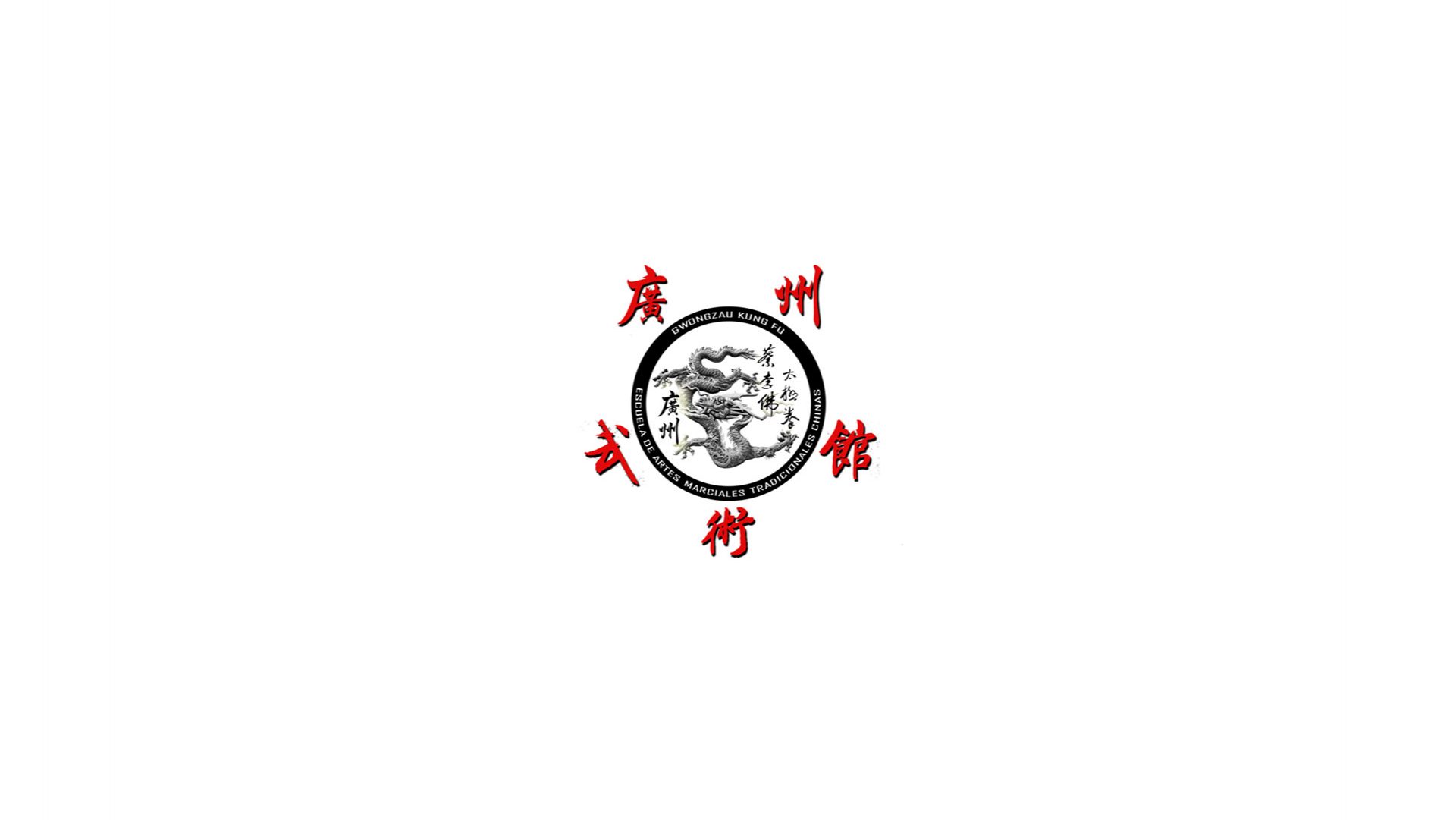In Chinese Martial Arts, the figure of the teacher is of vital importance, since anyone who wants to learn a martial art needs a teacher to transmit the teaching. In the West, many times the role of the teacher is misinterpreted; to understand this role a little better, we must first examine the figure of the teacher in the religious tradition of China.
The first thing we must emphasize is the fact that the Chinese do not have a word we can translate as religion, with all the meanings and connotations that this term has in the West. In China, the three great philosophical-religious currents are known as Jiào 教, literally, "teaching". So the Buddhist religion, for example, is called Fójiào 佛教, "Teaching of the Buddha"; Taoism, Dàojiào 道教, "Teaching of the Tao", etc. These religious teachings are not different from any other type of teaching, such as Martial Arts.
Chinese religions, unlike Western ones, are not based on dogmas but on tradition, and focus, instead of on an institution, on the figure of the teacher. Thus, someone who wants to initiate into a religious tradition of whatever kind needs the guidance of a teacher who reveals the teaching; his personal study of the scriptures is not enough. This teaching is not an absolute and immutable truth but rather the teacher's own interpretation of the tradition, which gives rise to the existence of numerous lineages with innumerable variations in the form and ritual that these traditions adopt.
Chinese religions are not based on dogmas but on tradition.
The Chinese language has two words to designate a teacher. The first is lăoshī 老師, composed of two characters: lăo 老, "old"; and shī 師, "teach". Literally it means "old teacher", and it makes reference to the person who dedicates to the education of a regular matter, like a professor of institute or university.
The second term is shīfu 師父 (in Cantonese, sifu), composed again by shī 師 "teach" or "teacher", and fù 父, "father". Literally means then "father who teaches" or "father teacher". This is the term we usually translate as "master" and which refers to both the spiritual master and the martial arts master*. It designates the relationship of adoptive father - adopted son that is established between master and disciple in the Chinese tradition. Upon receiving the initiation into a religious tradition, one is "reborn" as a new being in this tradition, and receives the name of tú dì 徒弟, "disciple" (in Cantonese, tou dai).
The spiritual and martial lineages are thus constructed in the likeness of a family, and the confucian filial duties extend to the new adoptive father as if it were a natural father.
On the other hand, unlike teacher-student communication, in the master-disciple relationship, communication, that is, the transmission of teaching, occurs at a more subtle and profound level, at a spiritual level. The teacher communicates with his disciple from heart to heart.
When the disciple is ready, he will be reborn one day as a master, and reproduce the image of his own mentor, that is, reproduce the tradition as it has been transmitted. A teacher is therefore one who knows the tradition and reproduces it. His knowledge does not proceed or can be acquired through books; it is not a scholarly knowledge, but is based on practice and personal experience. The teachings that do not come from a proper master are called in China jiǎ chuán 假 傳, "false transmission", as opposed to the true transmission, zhēn chuán 真 傳.
This same role is played by the master of a martial art. In him the tradition of a whole lineage is deposited; in him is embodied and reproduced this tradition, and through him it is transmitted to future generations, so that it does not fall into oblivion. As our master Pedro Rico used to say, "we must take care of what is old, so that it remains old".
Notes:
* In China it is common to use the homophone term shīfu 師傅 to address taxi drivers, cooks and some other workers as a sign of respect. It should not be confused with shīfu 師父 because, although it sounds the same, it lacks the meaning or connotation of "father".
